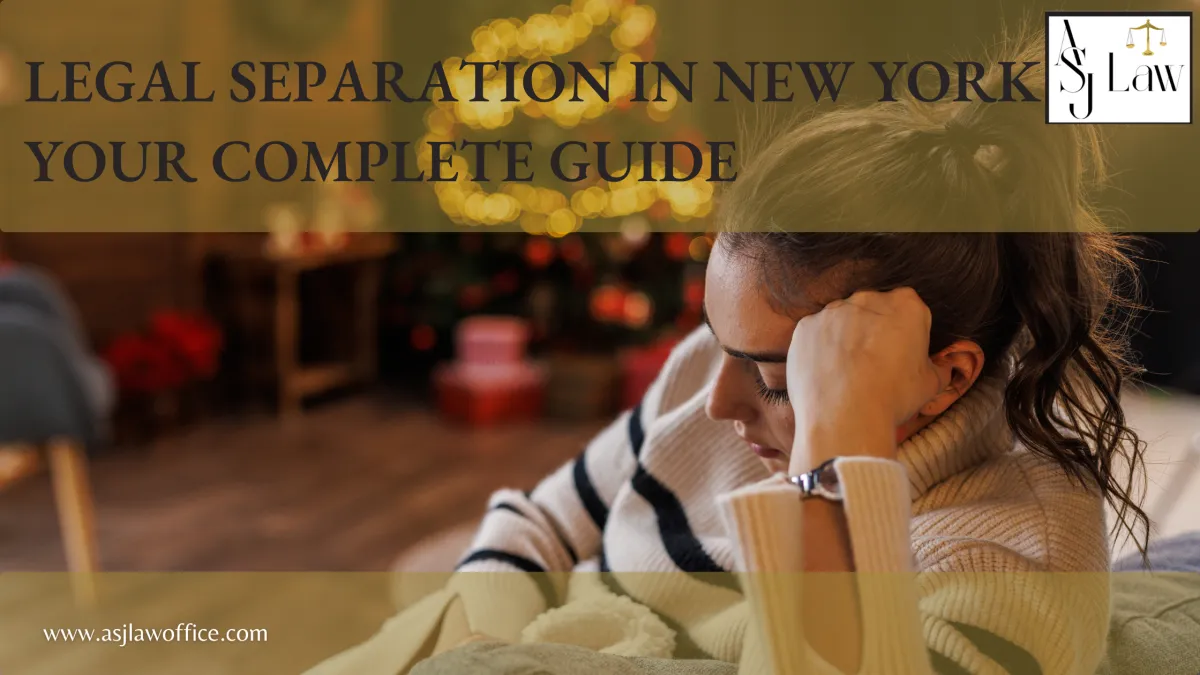
ASJ Law Office Articles
7 Myths About Legal Separation That Could Cost You Thousands
When marriages struggle, misinformation can be as damaging as inaction. We've heard countless myths about legal separation from clients, misconceptions that have cost them money, protection, and peace of mind. Let's set the record straight.
New Year, New Clarity: Making Marriage Decisions in December
December is a month of reflection. As holiday lights twinkle and another year draws to close, many of us take stock of our lives, our careers, our health, our relationships. And for some, that reflection leads to a difficult question: "Should I stay married?" If you're reading this, you might be one of the thousands of people who finds themselves at this crossroads as the New Year approaches. You're not alone, and more importantly, you have more options than you might realize.
Moved Out? Why You Still Need a Legal Separation Agreement
You've made the difficult decision to separate from your spouse. Maybe you've already moved out, or you're planning to soon. You're living in separate households, managing separate lives, and in your mind, you're already "separated." But here's the hard truth: in the eyes of the law, you're still married. And that can have serious and expensive consequences. The Myth of "We're Just Separated"
Legal Separation in New York: Your Complete Guide
When your marriage is struggling, the word "divorce" can feel harsh, final, and overwhelming. But what if there was a middle ground? Legal separation offers couples in New York a structured way to live apart while remaining married and it might be exactly what you need. Understanding Legal Separation vs. Divorce Let's clear up the confusion right away. Legal separation and divorce both involve court-approved agreements about custody, finances, and property. The critical difference is that with legal separation, you remain legally married. You can't remarry, you're still each other's next of kin, and in many cases, you can remain on shared health insurance. With divorce, your marriage is legally dissolved. You're free to remarry, all legal ties are severed, and you'll need to make separate arrangements for health insurance and other benefits.




